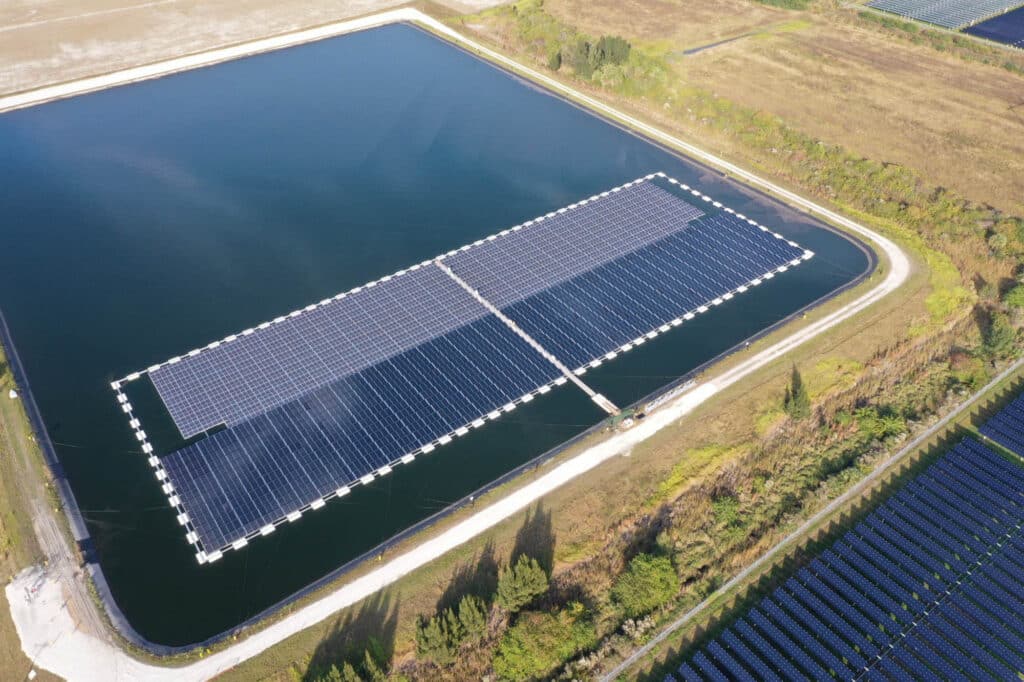In the pursuit of innovative renewable energy solutions, floating solar panels stand out for their remarkable ability to address land conservation challenges. As the demand for clean energy surges, the pressure on land resources intensifies. Why is land conservation important? It helps maintain biodiversity, prevents soil erosion, supports agricultural productivity, and preserves natural landscapes that offer ecological and recreational value. Floating solar panels provide a compelling answer by utilizing water surfaces for solar energy production, thereby conserving valuable land. This overview delves into how floating solar panels contribute to land conservation and their significance for the future of renewable energy.
Conserving Land and Enhancing Energy Production: Why is land conservation important?
Traditional solar farms often demand significant land areas to accommodate thousands of solar panels. This can clash with agricultural practices, disrupt natural habitats, and hinder urban development. Floating solar on the other hand, harnesses the potential of bodies of water, freeing up valuable land for alternative purposes. This efficient use of space is especially beneficial in densely populated areas or regions with limited land availability and maintains the integrity of ecosystems and reduces the impact on local wildlife.
In many parts of the world, agriculture competes with energy production for land resources. Deploying floating solar panels allows farmers and landowners to continue using their land for agriculture while simultaneously generating renewable energy. This dual-use approach not only conserves land but also supports agricultural productivity and rural economies. Irrigation ponds and retention ponds are perfect examples of utilizing water for floating solar while conserving land use all on the same property.
Harnessing Urban Water Bodies for Sustainable Energy: The Rise of Floating Solar Systems
With urban areas expanding, the availability of land for renewable energy projects becomes increasingly constrained. Floating solar offers a viable solution by utilizing underused water bodies within urban environments, such as reservoirs, canals, and wastewater treatment plants. This integration of renewable energy into urban settings helps cities meet their sustainability goals without compromising valuable land needed for housing, infrastructure, and green spaces. In the age of realistic goals for 15-minute cities, the adaptation of floating solar could be the only true solution for renewable generation requirements.
Scenic landscapes and natural areas are often protected for their ecological, recreational, and aesthetic values. Installing large solar farms in these areas can lead to conflicts and public opposition. Floating solar provides an alternative that preserves the visual and ecological integrity of natural landscapes. By positioning solar panels on the water, these installations blend more seamlessly into the environment, minimizing visual impact and preserving the beauty of natural areas.
Securing a Sustainable Future: Floating Solar’s Role in Energy and Land Conservation
As the world continues to seek sustainable energy solutions, the adoption of floating solar will be crucial in addressing the interconnected challenges of energy demand and land conservation. This innovative technology not only harnesses the power of the sun but also ensures that valuable land resources are preserved for future generations. Contact us, a leader in U.S.-designed and manufactured Floating Solar PV systems to explore how floating solar panels can help your business achieve its sustainability goals while conserving valuable land resources.





